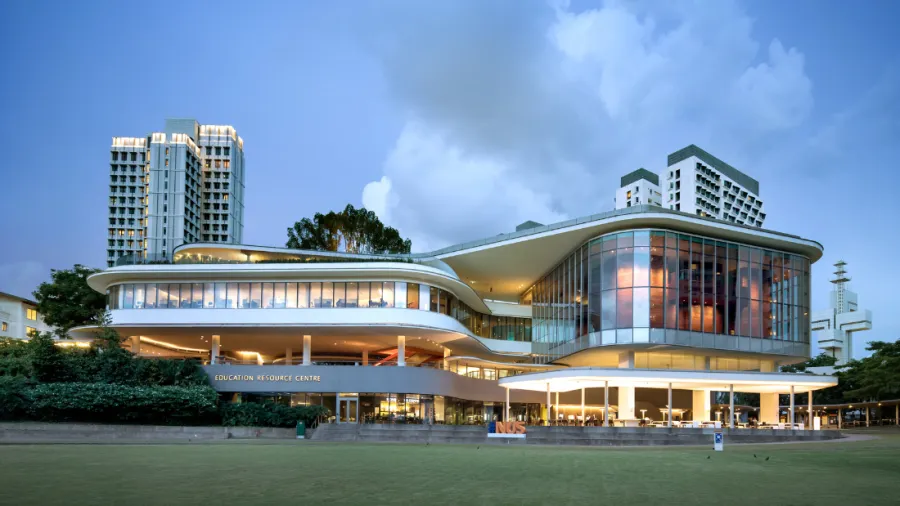
NUS leads the charge in training public health leaders for a changing Asia
The school is transforming public health education with cutting-edge programmes, equipping future leaders to drive impact.
Asia is seeing a rising demand for skilled public health professionals as the region faces various public health challenges, such as climate-related health threats, mental health crises, emerging infectious diseases, rising noncommunicable diseases (NCDs), and health inequities.
In an interview with Healthcare Asia, Associate Professor Mary Chong Foong-Fong, Programme of Director, Master of Public Health (MPH), and Associate Professor Alec Morton, Programme Director of MSc Heath Economics and Outcomes Research (HEOR), talked about the National University of Singapore (NUS)’s response to rising demand for skilled public health professionals and its role in strengthening Asia’s health systems.
A curriculum grounded in regional needs
To keep up with these growing public health needs, NUS introduced new elective courses to its curriculum, covering climate change and health, as well as infectious disease modelling. Beyond introducing new elective courses, NUS also updated its existing courses to deepen students’ knowledge of health systems, politics, and data analytics.
To keep up with these growing public health needs, NUS introduced new elective courses to its curriculum, covering climate change and health, as well as infectious disease modelling. Beyond introducing new elective courses, NUS also updated its existing courses to deepen students’ knowledge of health systems, politics, and data analytics.
The programme equips public health professionals with the necessary foundational knowledge in epidemiology, biostatistics, health systems and policies, and social and behavioural sciences. This enables them to navigate and address complex, real-world health issues.
“Through these experiences, students learn to critically evaluate information rather than accept it at face value, to challenge conventional thinking, and to approach problems with creativity and curiosity,” Mary said.
NUS is ranked first in Asia and eighth globally in the QS World University Rankings 2026.
Mary noted that MPH graduates are distinguished by a blend of analytical, interpersonal, and leadership competencies. “They excel in interpreting health data, communicating across diverse audiences, and navigating complex systems with ethical clarity. Their ability to collaborate across disciplines, lead teams, and adapt to evolving challenges makes them highly competitive in global health, policy, and research settings,” they said.
Meanwhile, Health Economics and Outcomes Research (HEOR) is increasingly recognised as a cornerstone of evidence-based decision-making in healthcare. As countries across Asia transition toward value-based healthcare, there is an urgent need for professionals who can integrate economic evaluation, outcomes research, and data analytics to assess the value and real-world impact of health technologies.
NUS’ MSc in Health Economics and Outcomes Research (MScHEOR) is designed to address Asia’s growing need for expertise in health economics, outcomes research, health technology assessment, and market access. As the only specialised programme of its kind in Singapore, it provides graduates with a strong career edge across Southeast Asia and beyond, whilst aligning with core competencies identified by the International Society for Pharmacoeconomics and Outcomes Research (ISPOR).
Courses for MScHEOR are delivered in an intensive, executive format over five to six days or online, where students learn to evaluate cost-effectiveness, assess outcomes, and design strategies for equitable and sustainable healthcare delivery.
“The programme thus develops a new generation of professionals who can translate evidence into impact—supporting better decisions for patients, providers, and health systems across Asia,” Alec added.
Mentorship, collaboration, and lifelong networks
Through the school’s regional and global research collaborations, students gain international perspectives whilst engaging with Southeast Asian health systems and challenges. “In short, the NUS MPH offers a globally competitive education rooted in regional expertise, preparing graduates to lead with impact across sectors and borders,” Mary said.
Additionally, NUS recognises the evolving role of geopolitics on health and the transformative role of big data and AI, amidst concerns about data privacy, algorithmic bias, and equitable access to technology. The school is currently developing innovative teaching approaches to help students harness AI to optimise their learning. This ensures the continuous building of the foundational skills essential for public health leadership.
All these are delivered through a global network of renowned faculty, researchers, and industry professionals. “Through alumni-led seminars, joint projects, and global health events, students gain exposure to emerging trends and build professional networks across sectors,” Mary added.
Take the next step in your public health journey. Discover NUS’ Master of Public Health (MPH) or MSc in Health Economics and Outcomes Research (MScHEOR).
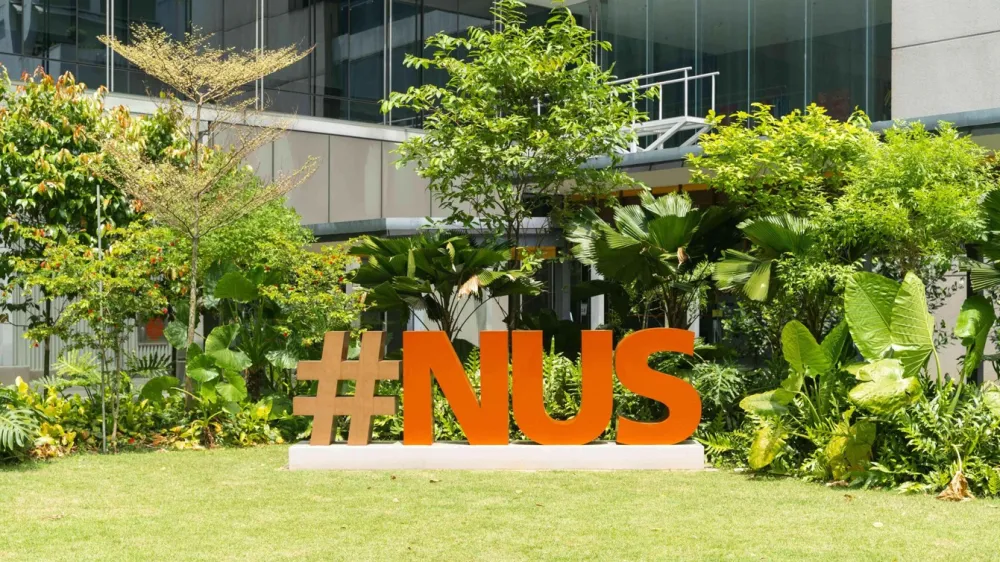
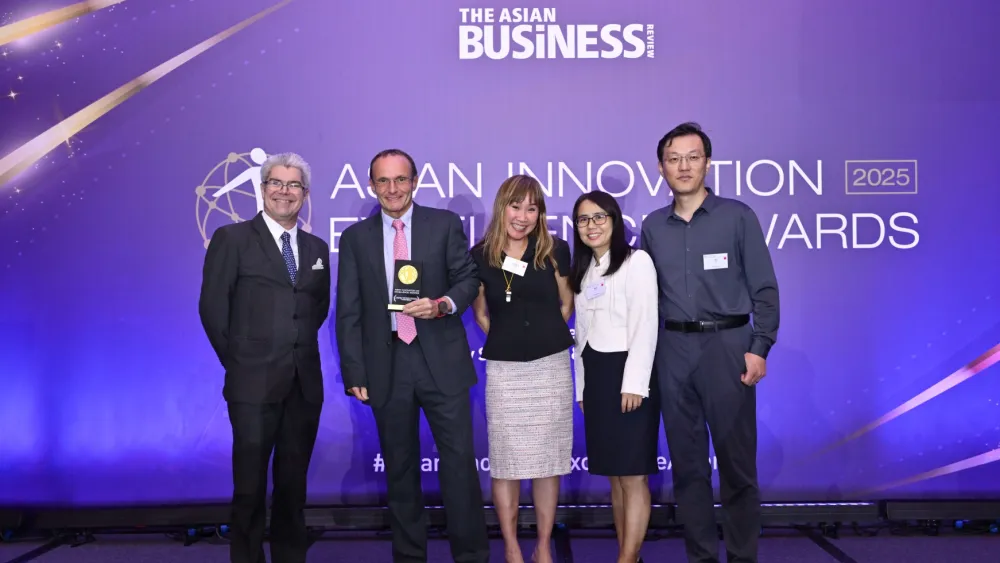
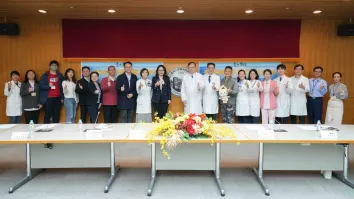
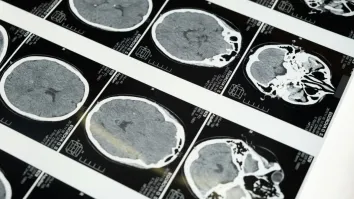















 Advertise
Advertise






